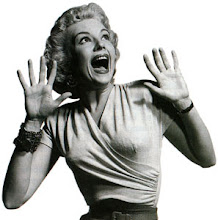Daybreakers opens in 2019 to a world largely populated by vampires, with the remaining humans making up about 5%. Ten years prior, a mysterious virus, thought to have started from a bat bite, turned those infected into vampires, the healthy having to decide whether to be converted or stay as human prey. With the current food supply (humans) ever dwindling, more and more vampires in desperation turn to cannibalism, which causes them to become ‘subsiders’ - grotesque bastardisations of the vampire form. The whole population’s fate lies in the hands of vampire haematologist, Ed Dalton (Ethan Hawke, Before Sunrise, Gattaca) who is tasked with finding a blood substitute. But when he discovers something even better, with the help of his human buddies, Audrey (Claudia Karvan, Love My Way, $9.99) and Elvis (Willem Dafoe, Shadow of the Vampire, Antichrist), the nasty head of the human farming corporation (Sam Neill, Jurassic Park, The Piano) tries to silence his findings.
The writers and directors of this cocktail of science-fiction and horror are Australian brothers, Peter and Michael Spierig. The Queensland based twin’s first dip in the horror pool was their cult hit Undead (2003), which involved meteorites and zombies. This low budget horror flick got them noticed and they were able to quit their day jobs making TV commercials. With a bigger budget and bigger stars, the boys are back with a vampire tale that’s a bit schlock horror and a touch of neo-noir. Bringing American actors to fill in the big parts to guarantee funding and distribution, Daybreakers seems to hark back to Australian genre films of the 1970s.







